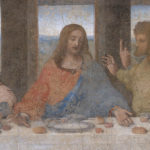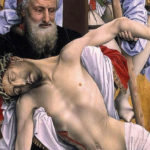
Considerable attention has been given to the nature and function of leadership, but relatively little to followership. At the end of the story, each leader is evaluated on the effectiveness of his or her follower individuals or groups. Asked to write a book on Christian leadership, I soon felt that no adequate treatment could be given to the subject without some attention to those persons being led. Followers have a mysterious relationship to leaders that make something of leaders in the followers. This makes an excellent secular study in the leadership of Washington and Lincoln, or Eisenhower whose effectiveness in the European/African theater of World War II, with the followership/leadership of some of his Generals and other officers in the… Read more




